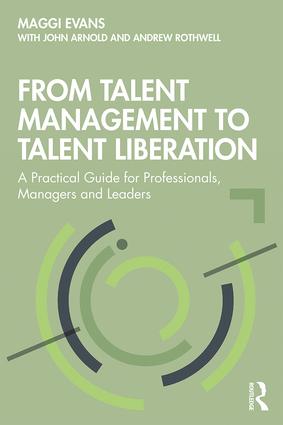Five premises of Talent Liberation
Challenge: Mindset of scarcity
1. Talent is not as scarce as we think.
‘Ready now’ talent may be in short supply, but there are lots of people with the ‘raw materials’, (fitting into the Personal Best, Personal Strengths and High Potential descriptions of talent). We need to be better at finding ways to tap into this.
Challenge: Cult of individual heroes
2. High performance is a result of teams as well as individuals.
Sustainable high performance is achieved through talented teams and strong individuals – we need to consider both elements as part of a comprehensive talent strategy.
Challenge: Lack of strategic clarity
3. We need to be responsive to changing talent needs.
Future business needs may change, to be ready to respond to these, we need to prepare for a range of scenarios by having access to a diversity of skills, experiences and behaviour and being willing to access these in different ways.
Challenge: Dominance of formal process
4. Formal processes are only part of the answer.
Formal elements of talent management tend to be bureaucratic and inflexible, they need to be balanced by support for informal approaches and a culture which encourages developing and engaging talent, allowing solutions to emerge.
Challenge: Missing half the story
5. Success depends on partnership between the organisation and the people.
Motivation is a key component of performance, therefore any approach to talent needs to address this, finding common ground between individual and organisational rather than everything just for the benefit of the organisation.
